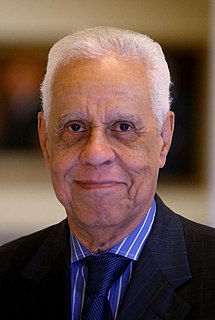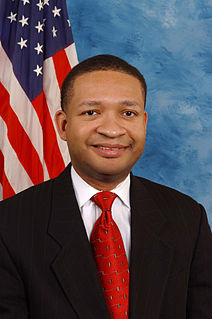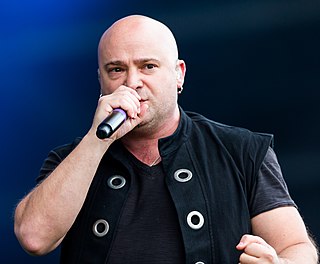A Quote by Gore Vidal
As for my support for Obama, remember that I was brought up in Washington. It was an all-black city when I was a kid. And I've always been very pro-African-American - or whatever phrase we now use.
Related Quotes
Michael Jackson fundamentally altered the terms of the debate about African American music. Remember, he was a chocolate, cherubic-faced genius with an African American halo. He had an Afro halo. He was a kid who was capable of embodying all of the high possibilities and the deep griefs that besieged the African American psyche.
This is a column collection, or as one colleague called it, "history in real time," recounting my perspective on the highs and lows of this presidency from an African-American perspective. More than simply a column collection, the book has a substantial introduction that frames the [Barack] Obama presidency, explores the way Obama was treated by the political establishment and also how this first black president treated "his" people. In the epilogue, I use numbers to tell the story of African-American gains and losses during this presidency.
Obama was elected in a flourish of promise that many in the African-American community believed would help not only to symbolize African-American progress since the Civil War and Civil Rights Acts but that his presidency would result in doors opening in the halls of power as had never been seen before by black America.
One of the things that made the Black Muslim movement grow was its emphasis upon things African. This was the secret to the growth of the Black Muslim movement. African blood, African origin, African culture, African ties. And you'd be surprised - we discovered that deep within the subconscious of the black man in this country, he is still more African than he is American.
It's heavy, but I am able to carry it. Why? Because I'm an African woman. An African woman carries heavy loads anyway. That's how we are trained; we are brought up that nothing is unbearable. I use that now, positively. I use that now to have the thick skin that I have, and not fear, and move forward, and push; and push forward.
With respect to Barack Obama, let's face it; Barack Obama is an iconic figure in the African-American community. We respect that. We understand that. African-Americans are going to vote for the first black president, especially when he happens to share the liberal politics on economic issues that many in that community hold.
The potential significance of Black feminist thought goes far beyond demonstrating that African-American women can be theorists. Like Black feminist practice, which it reflects and which it seeks to foster, Black feminist thought can create a collective identity among African-American women about the dimensions of a Black women's standpoint. Through the process of rearticulating, Black feminist thought can offer African-American women a different view of ourselves and our worlds
The phrase I use is 'easy camaraderie.' Non-western immigrants of color and their progeny like me - my parents came here fifty years ago and I was born and raised in Rochester - whether it's Teju Cole, or Rudresh Mahanthappa, or Himanshu Suri, or Miya Masaoka, or Barack Obama, we all have that in common. And that's different from being descended from enslaved African captives. I am very conscious of that difference, and conscious of how easy it is to forget about it. I find myself always coming up against that.
I'm very disappointed in Barack Obama. I was very much in support of him in the beginning, but I cannot support war. I cannot support droning. I cannot support capitulating to the banks. I cannot support his caving in to Benjamin Netanyahu. I think many black people support him because they're so happy to have handsome black man in the White House. But it doesn't make me happy if that handsome black man in the White House is betraying all of our traditional values of peace, peoplehood, caring about strangers, feeding the hungry, and not bombing children.





































